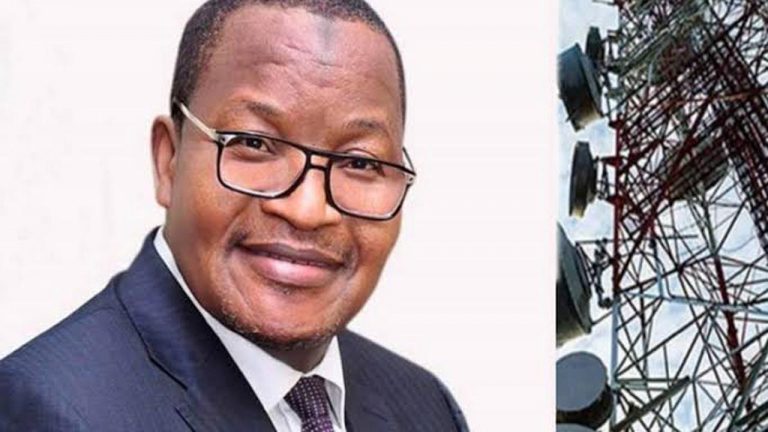
To bridge the digital infrastructure gap, the NCC recommends a public-private partnership (PPP) strategy.
The Nigerian Communications Commission (NCC) has proposed the Public-Private Partnership (PPP) model as a means of closing the country’s massive digital infrastructure gap.
According to Prof. Umar Garba Danbatta, the company’s Executive Vice Chairman and Chief Executive Officer, PPP should be used to build resilient infrastructure that will help the country achieve its digital goals.
Read also: 2023.: CAN advocates for a Christian president
The NCC chief said the concept of PPP has become one of the most commonly used models of collaboration during a keynote during a panel session during a two-day 2021 virtual conference and exhibition on Information Communication Technology and Telecommunications (ICTEL) organized by the Lagos Chamber of Commerce and Industry (LCCI) with the theme: “Disruptions, Resilience, and Governance in Digital Economy.”
Danbatta, whose presentation focused on how Public Private Collaboration (PPC), also known as PPP, is fostering long-term collaboration between the private and public sectors for the advancement of the country’s digital ecosystem, said the importance of PPP in infrastructure development cannot be overstated.
According to him, the bedrock of communal and societal development is adequate, robust, resilient, and functional infrastructure.
Read also: 2023.: CAN advocates for a Christian president
“As a result, in order to meet future challenges, we must upgrade our industries and infrastructure by developing a long-term PPP model that serves all sectors of the economy,” he said.
The government’s concern and search for an alternative means of providing infrastructure for the teeming population, according to Danbatta, is due to the high level of infrastructure deficit and its effect on the country’s socioeconomic development.
He recalled that the Federal Government established the Infrastructure Concession Regulatory Commission (ICRC) in 2005 with the goal of accelerating national infrastructure investment through private sector funding and assisting the Federal Government of Nigeria and its Ministries, Departments, and Agencies (MDAs) in establishing and implementing effective PPP processes.
“It’s encouraging to see state governments adopting PPP models to address infrastructure challenges in their jurisdictions,” Dambatta said.
Read also: NNPC: Mallam Mele Kyari pledged that the current 614-kilometer Ajaokuta-Kaduna-Kano (AKK) gas pipeline project will be completed on time
“If the telecom and ICT sector is the true ‘Infrastructure of Infrastructure,’ as it is often referred to due to its impact, efficiency, and effectiveness on the growth of other sectors, it follows that the telecom sector is the most important sphere in which PPP should be used.
“Intriguingly, a 2012 World Bank report already documented how public-private partnership (PPP) projects have been used to provide broadband access nationally, regionally, or in rural areas to improve broadband access to unserved and underserved locations to improve broadband access to unserved and underserved locations.”